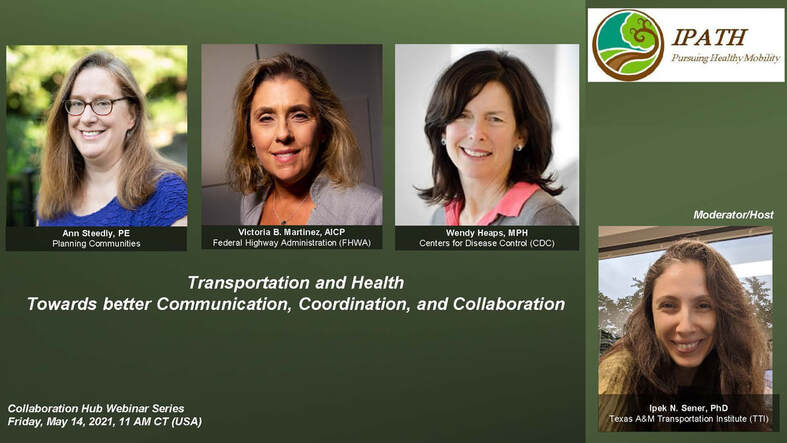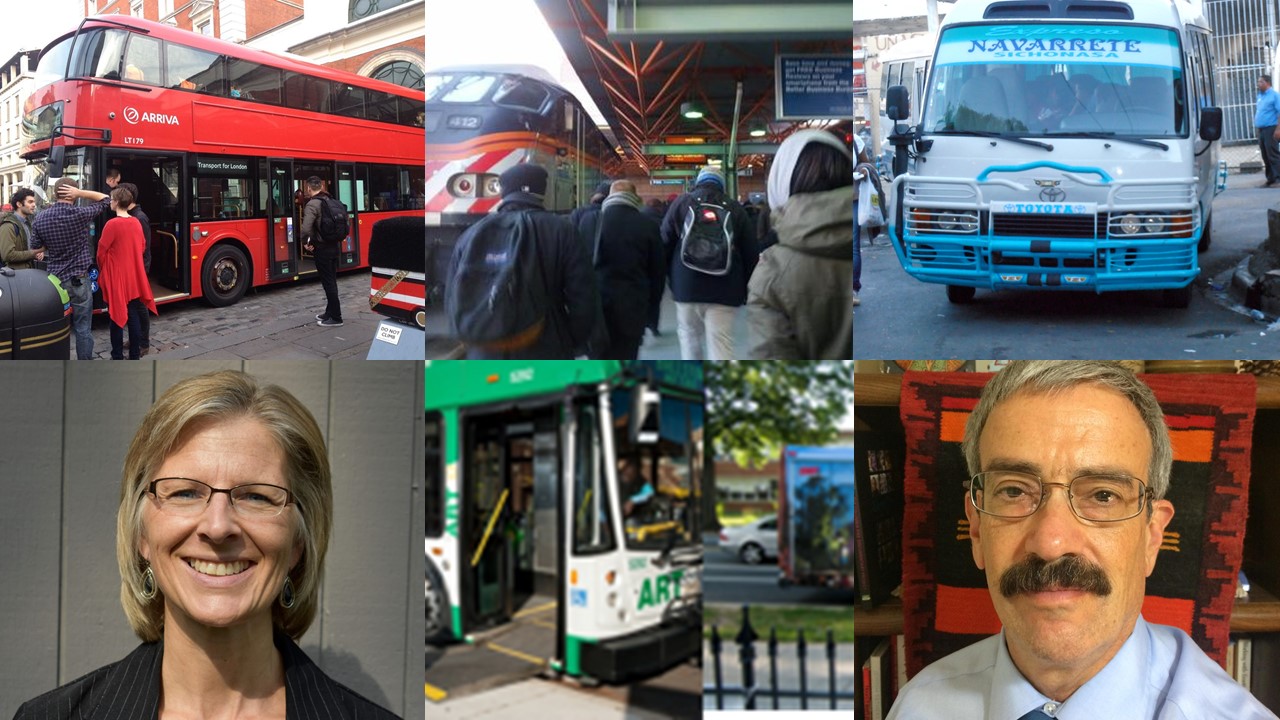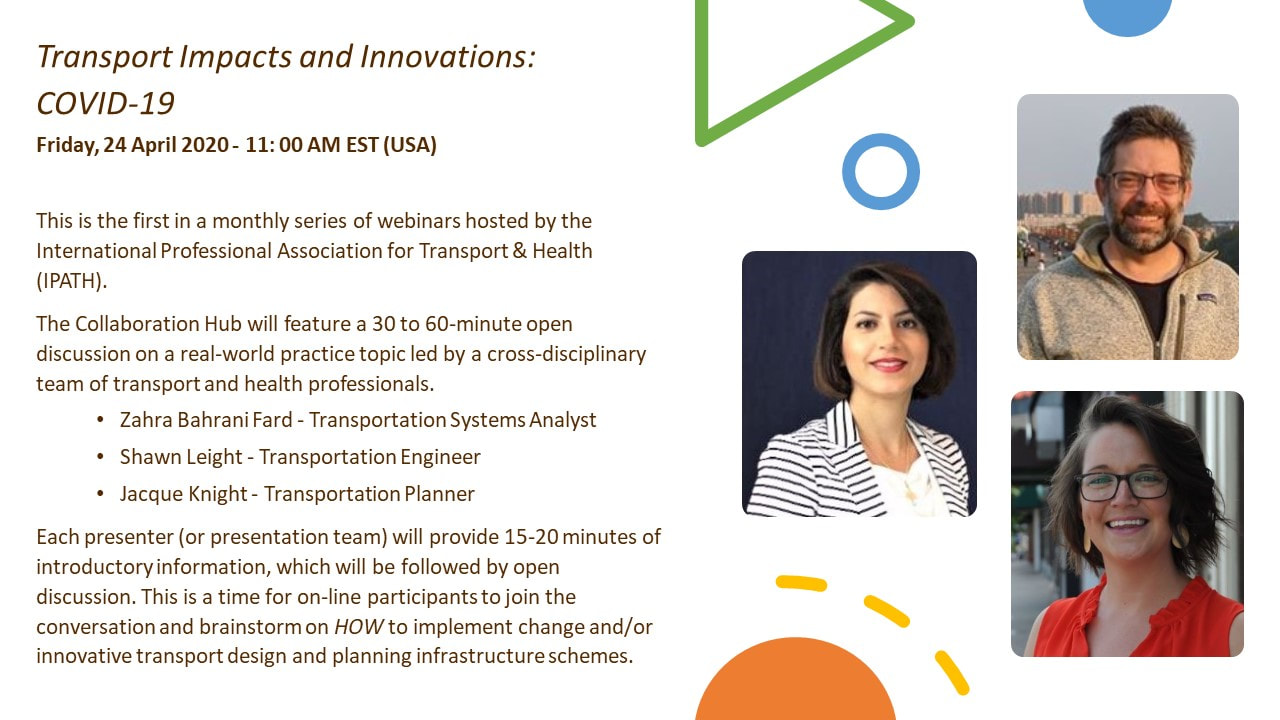Welcome to the IPATH Community!
This FREE webinar series will be presented using Zoom. A calendar invitation will be sent to you following your registration. A reminder email will also be sent 24 hours prior to the start of the webinar. We encourage you to use the video option available (Come as you are!) so that the presenters might see who they are talking to and engage actively with you in real time during the OPEN discussion segment of the webinar. All webinars will be recorded, archived and available on this page for all those who were unable to attend due to scheduling or time zone conflicts.
This FREE webinar series will be presented using Zoom. A calendar invitation will be sent to you following your registration. A reminder email will also be sent 24 hours prior to the start of the webinar. We encourage you to use the video option available (Come as you are!) so that the presenters might see who they are talking to and engage actively with you in real time during the OPEN discussion segment of the webinar. All webinars will be recorded, archived and available on this page for all those who were unable to attend due to scheduling or time zone conflicts.
Transportation and Health: Moving Toward better Communication, Coordination, & Collaboration
Friday, 14 May 2021 - 11:00 AM CST/12:00 PM EST (USA)
Friday, 14 May 2021 - 11:00 AM CST/12:00 PM EST (USA)
|
Your host: Ipek N. Sener, PhD
Research Scientist Texas A&M Transportation Institute (TTI) Member, IPATH Board of Directors Panelists Include:
Ann Steedly, PE - Founding Partner/Chief Operations Officer, Planning Communities Victoria B. Martinez, AICP - Environmental Protection Specialist, Health in Transportation Working Group Lead, Office of Natural Environment, Office of Planning, Environment and Realty, Federal Highway Administration (FHWA) Wendy Heaps, MPH - Senior Policy Analyst, Public Transportation Lead, Office of the Associate Director for Policy and Strategy, Office of the Director, Centers for Disease Control (CDC) |
This recorded webinar aims to bring together leading experts in the field of transport and health. During this educational session, you will be guided through the process of developing ways to improver communication, coordination, and collaboration of professionals working at the intersection of transport and health. Specifically, you will learn about the skill-set needed to integrate health into planning and partnership between multi-sector professionals to inform best practices, policies, and equitable approaches to community health.
PowerPoint slides are available for download below in the order of panelist presentation.
| ||||||
 Image Source: https://www.verywellmind.com/coping-with-coronavirus-if-you-live-alone-4802358 Image Source: https://www.verywellmind.com/coping-with-coronavirus-if-you-live-alone-4802358
UNMASKED
COVID19 Policies, Transport & Mental Health Friday, 2 October 2020 - 11:00 AM EST (USA) Has COVID-19 impacted how you connect with others? Are you happy with the changes in social interaction? What do you miss? COVID-19 has brought many changes to our lives. One such change is a restriction, to greater or lesser extent, on our social interactions. These social interactions play a vital role in our day. They could be moments of happiness or moments of frustration. In a larger sense, our social relationships are important contributions to our life satisfaction. The role of daily travel on our social interactions was less evident before the pandemic, but has become much more apparent now. The shift away from traveling to meet with others is now facilitated by modern technology, but it has also allowed for many interactions that might not have occurred. However, technology is not a perfect substitute to meeting face-to-face with people. Being in the same place and experiencing the same sights, sounds, and smells contributes to human interaction through shared experiences. This presentation will talk about HOW transport relates to different social interactions, why it is important to study and know more about the importance of these social interactions. Preliminary results from a COVID19 travel survey conducted in Canada, United States, and China will be reviewed and discussed. |
RECORDED WEBINAR
Did you miss joining us in real time? No worries. Click HERE to listen to a recorded narration by Dr. Owen Waygood of this webinar. The slide deck is available below. Hosted by:
OWEN WAYGOOD, PhD, MA, BA, BE Associate Professor, Department of Civil, Geological and Mining Engineering, Polytechnique Montreal Contributing Researchers: GENEVIÈVE BOISJOLY, PhD, Assistant Professor, Department of Civil, Geological and Mining, Engineering, Polytechnique Montreal KEVIN MANAUGH, PhD, Associate Professor, Department of Geography & McGill School of Environment, Associate Member, School of Urban Planning, MSSI Adapting Urban Environments for the Future IPEK N. SENER, PhD, Associate Research Scientist, Texas A&M Transportation Institute BOBIN WANG, PhD, postdoctoral fellow, Department of Civil, Geological and Mining Engineering, Polytechnique Montreal SUN YILIN, PhD, Associate Professor, Zhejiang University, Communication & Transportation Engineering |
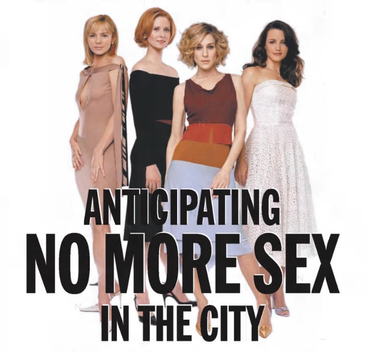
Will SEX ever come back to the City?
Urban social distancing after Coronavirus Friday, 26 June 2020 - RECORDED WEBINAR PENDING 11:00 AM EST Pandemics are a recurrent natural phenomenon disrupting social structure and rewriting the history of cities. "Many historians trace the fall of the Roman Empire back to the Antonine Plague, which swept Rome during the reign of Marcus Aurelius. Nobody has ever nailed down the exact cause, but symptoms recorded by a physician named Galen – gruesome skin sores, high fever, diarrhea and sore throats – strongly suggest it was smallpox and measles. How’d it get there? Armies and tradesman returning from Asia. More than 2,000 people died daily. “The ancient world,” one scholar wrote, “never recovered from the blow inflicted upon it by the plague.” (1) There have been approximately 250 epidemics and 61 plagues throughout recorded history. The Spanish Flu of 1918, used as an early reference to the current COVID-19 pandemic, resulted in 2.7 million deaths in a global population of 250 million. As of 3 June 2020, it is estimated that the COVID-19 death toll is 310,810 globally. In this webinar, we will explore the following key areas of urbanization: How cities have reacted to pandemics throughout history? When we refer to cities, we really mean PEOPLE. Do some people run from the cities? Where do they run to? Do they return? What about those who have no other choice but to stay? Who are they? What happened to them? Why did they stay? When the threat of COVID-19 has finally passed, will it be business as usual? The infrastructure of cities will present a series of conflicts with the most prominent; efficiency versus equity. This has been a concern during recovery from each recorded pandemic. What about productivity versus sustainability? Cities...PEOPLE are the outcome of these struggles between antagonist forces. Will our cities (PEOPLE) recover? Are they truly resilient? We will discuss several potential scenarios:
Join us for this thought provoking discussion on the future of urbanization and the impact of COVID-19. Your host will be Pedro Ortiz, author of The Art of Shaping the Metropolis. To sign up for this exciting webinar, please complete the RSVP form. References:
|
RECORDED WEBINAR
Please note that due to the time difference between the USA and Madrid, Spain, we experienced a slight delay in starting. As a result the recording was not processed. Karyn and Pedro will be recording the webinar over the weekend. In the meantime, below is the set of slides and a few other references for your review. We anticipate posting the recording by Monday, 28 June.
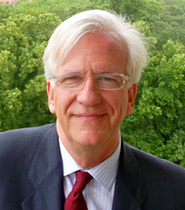
Pedro Ortiz is an experienced urban planner and manager of metropolitan issues. Explosive growth is a challenge in many metropolises around the world due to interrelated issues of transport, housing, infrastructure development, governance, environment, social, and economics. Many of the problems metropolises face are further crippled by a lack of knowledge of how to handle these problems. It is a new phenomenon requiring new knowledge, new approaches and new management processes. Pedro Ortiz is one of the very few professionals around the world with extensive experience solving these complex issues. Learn more about Pedro at http://www.pedrobortiz.com/
Pedro is also the founder of the Metropolitan Discipline: Inception Lecture Series available on the IPATH Scientific Resources web page. | ||
|
Transit During COVID-19
Friday, 22 May 2020 Click HERE to listen and watch the webinar recording. The slide deck is available for download below. Transit After COVID-19 Friday, 29 May 2020 Click HERE to listen and watch the webinar recording. The slide deck is available for download below. NOTE: In the video each speaker will appear on the screen in a small box. You can move the speaker box out of the visual field by a press and hold of the left click to drag on your computer mouse. |
|
|
|
|
Transport Impacts & Innovations: COVID-19
Friday, 24 April Click the button below to listen to the Zoom MP4 recorded webinar. Note that due to the size and technical difficulty of the Zoom recording, the only option was to post it on the IPATH Facebook page. In addition, the chat comments are not visible in the Zoom video. A PDF file is provided below along with the corresponding presentation slide decks.
|
|
|
|
|
|
|

